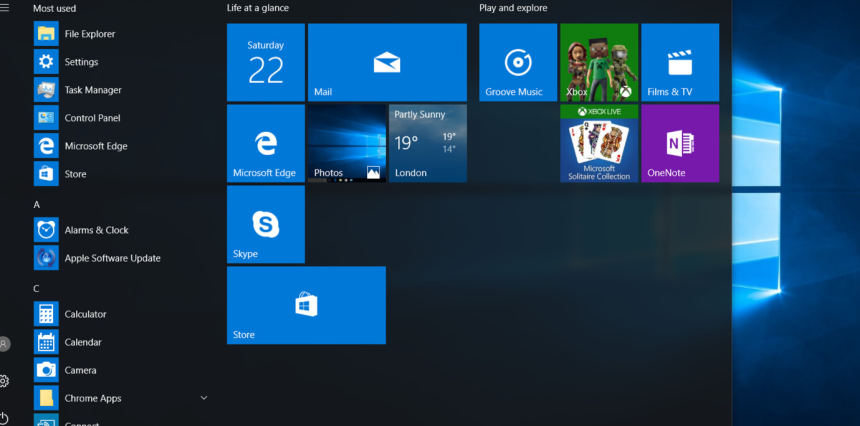Every operating system has a lifespan, and for Windows 10, its time of yearly updates is nearly up. Following the release of version 22H2 of February 2023, Windows 10 has now been officially stated to no longer receive any further feature updates. Security updates are not tied to this drop in support, which is intended to continue seeing releases on Windows 10 until October 2025. With all this in mind, how much will the deprecation of Windows 10 affect most users?
The Big Takeaway
To cut a long story short, users of Windows 10 shouldn’t experience any real concerns by sticking with their operating system, for now. Though a lack of feature updates does cause an operating system to become less capable, users who stick to Windows 10 are usually doing so because they’re happy with what they have now. Many users don’t want to update to Windows 11 because of the changes to the system, so not having changes in Windows 10 might even count as a positive. Waking up to an update that changes how longstanding systems operate is frustrating, after all.
What Do No Updates Mean Exactly?
No more updates to Windows might seem confusing, but that doesn’t mean a system can’t change or evolve. All a lack of official updates to Windows means is that the greater Windows framework won’t change, but the programs contained within that framework can still be updated as normal.
A basic illustration of this idea could be found in the programs you download, like VPN software. Whether looking at older VPN software from 2022, the versions out today, or the software which is released in the future, Windows 10 will still be able to run these systems as normal. That will be the case for most Windows software, well into the future. It’s common to see new software that still supports Windows 7 (released in 2009), so you don’t need to worry much about being unable to download new applications anytime soon.
The same can be said for websites that are contained within your browser, and the services they offer. Online casino websites that offer jackpot games for example are constantly updating their systems and titles, and as long as browsers support Windows 10, they will keep working as normal. From the games like Solar Flare and Super Mystic to jackpot features and bonuses, if a system supports the HTML5 standard, it will continue to work.
An Eventual Move
When 2025 does finally roll around, users will need to keep the dropping support for security systems in mind. As long as you intend to keep a system connected to the internet, this could necessitate a change to Windows 11. The process is generally simple, and Microsoft could reintroduce free upgrades to their newer operating system when the end date rolls around, as they have in the past.

A computer that isn’t connected to the internet or a network will be under a far lower risk of infection, so security concerns will be lessened. Maintain good practices, and these computers could remain on Windows 10 for decades, as we still see with systems on Windows XP.














